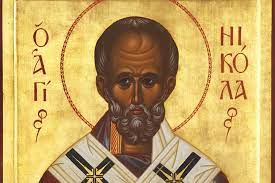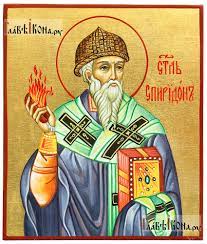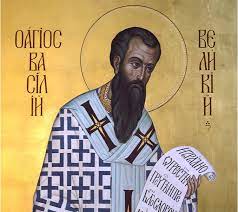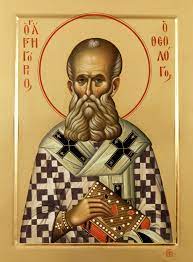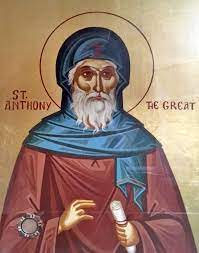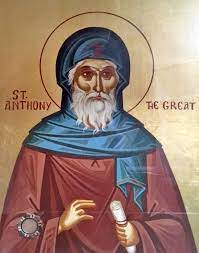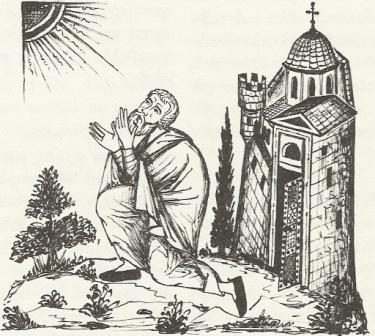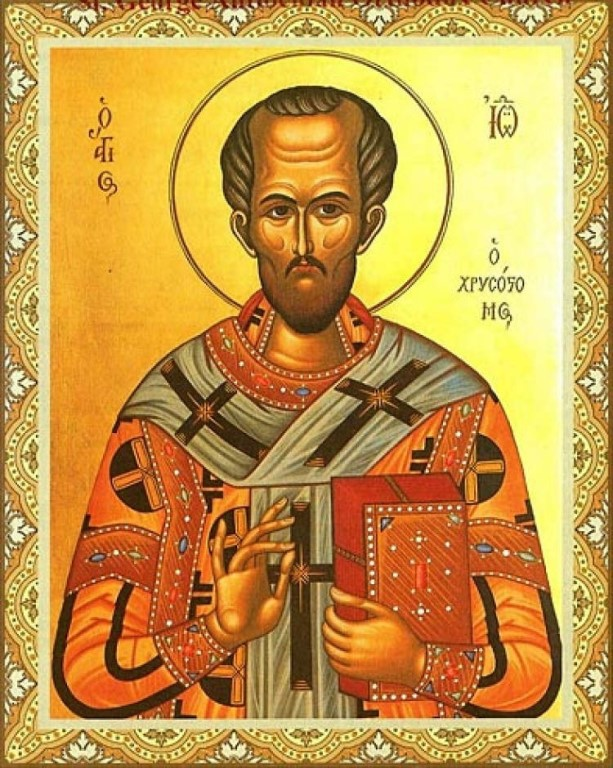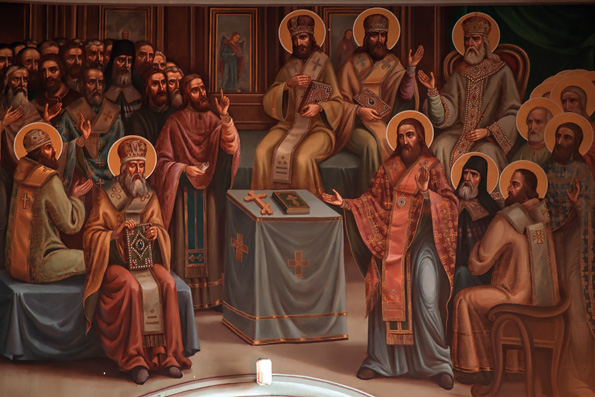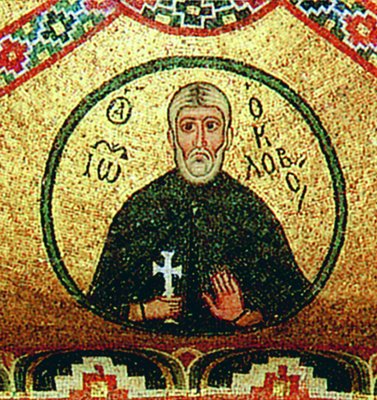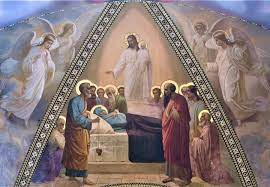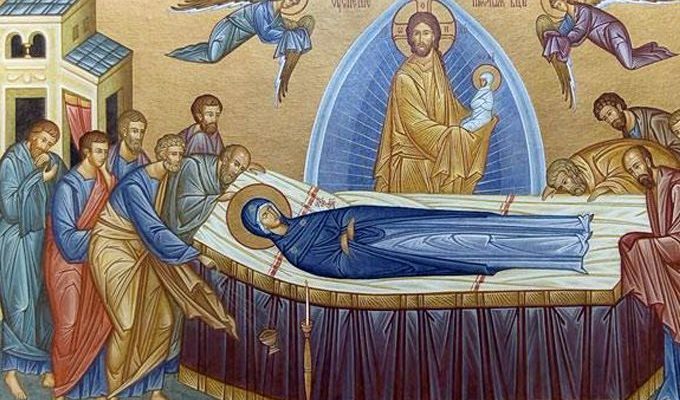The question is that does the charge of being an Orignist mean. You say that it has to do with Arianism. I didn't see evidence of this in De Principiis. But I guess the copy we have is edited by Rufinus.While en route to Constantinople, St. Epiphanius realized he was being used by Pope Theophilus, and that allegation against St. John Chrysostom - that he was an Origenist - was bogus,
What I see from my reading is that that charge was applied to those who did not believe in Anthropomorphism and followed Origen's view of God being spirit only. Theophilus opposed the 3 tall brother for teaching this and he supported the Anthropomorphist party. Epiphanius followed him and he attacked St Jerome when the latter initially wrote approvingly of Origen. Epiphanius apparently visited with Chrysostom in Constantinople and left before the arrival of Theophilus for the synod. Perhaps Chrysostom convinced him.
The Wikipedia article about Pope Theophilus used to have a lot more information but this has been edited out. I guess because the info was not flattering. But there is info on other websites:
When saints disagree: the angry parting of St Epiphanius and St John Chrysostom
The Form of God and Vision of the Glory: Some Thoughts on the Anthropomorphite Controversy of 399 AD
Eusebius has been accused of being an Arian sympathizer. But I have deep respect for his spirituality and intelligence.I trust him more than Eusebius of Caesarea (who was an Arian sympathizer
BTW, Quartodecimanism is definited as the practice of celebrating Easter on the 14th of Nisan. But this does not make sense. The Lord was crucified the day after the 14th and resurrected 3 days later. I can understand why a certain group may celebrate Easter 3 days after Passover, rather than the following Sunday, but why should anyone celebrate Easter on Passover?
Last edited:
Upvote
0

